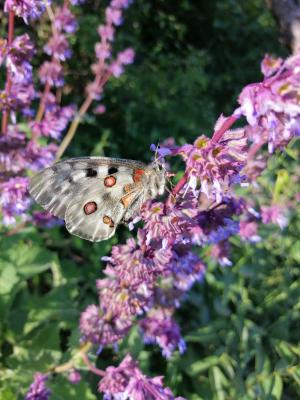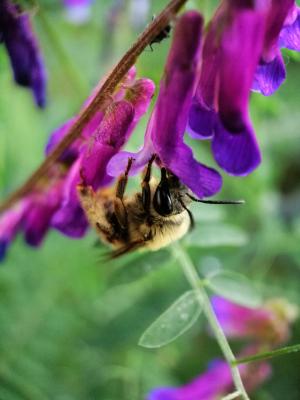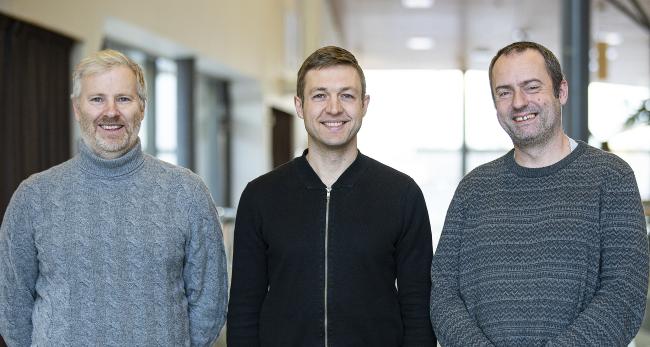TAKING ACTION FOR INSECTS


Insects are highly important for our daily lives and the environment. The best-known ecological service provided by insects is pollination, but insects are also important as decomposers, natural pest managers and as prey for many other animals. This makes insects integral for almost every ecosystem.

However, insects are in a worldwide decline, which endangers ecosystems and directly affects our future lives. This decline results from human actions leading to landscape changes (urbanization; intensive agriculture), pesticide use and climate change. If human actions are crucial for the decline, it needs a transformation of human actions to reverse this trend.This decline results from human actions leading to landscape changes (urbanization; intensive agriculture), pesticide use and climate change. If human actions are crucial for the decline, it needs a transformation of human actions to reverse this trend.
Action is the key:
We do not only need to be aware of the problem, we need to take action
Making citizens more competent to take action for insects – that is our aim in the educational design research project “Developing Action Competence for Insect Preservation” (DACIP) at Karlstad University (KAU). The research project consists of four interrelated elements:
- Developing a novel theoretical framework - Action Competence for Insect Preservation (ACIP).
- Providing novel quantitative and qualitative research instruments to investigate citizens' ACIP.
- Designing innovative teaching approaches to raise citizens’ ACIP.
- Implementing these interventions at compulsory schools in Sweden and assessing changes in students’ ACIP in a pre-post-design using the developed research instruments.
Connecting research & teaching:
To achieve the aim of engaging young citizens on a large scale, we will work with teachers and students in grade 7 from compulsory schools and provide theory based lesson plans, teaching materials and workshops to support teaching. The first cycle of teaching will start in spring 2022.
In a first step, students will learn about the importance of insects, the causes for insect decline and potential actions to preserve insects. In a second step, the students will apply this knowledge in two types of action:
- engage as citizen scientists in the web-platform iNaturalist to observe and record the diversity of insects in their direct environment,
- plan and take self-chosen personal actions to preserve insects in their daily lives. Taking these personal actions together will result in a common contribution to insect preservation. Most importantly, students learn about different personal action possibilities through direct experiences.
In summary, the DACIP research project provides three main benefits:
- The ACIP framework can serve as a foundation for the development of initiatives and educational programs on insect preservation.
- The new instruments enable investigating citizens' abilities in preserving insects: Consequently, it becomes possible to measure the effects of initiatives or teaching approaches on citizens’ competences. This can facilitate targeted improvements of initiatives and educational programs.
- The implementation of the teaching approach in compulsory schools provides the possibility to reach young citizens and their communities on a large scale.
Therefore, the project can contribute significantly to achieve global biodiversity and sustainability goals by making citizens’ more competent for taking actions for insects.

